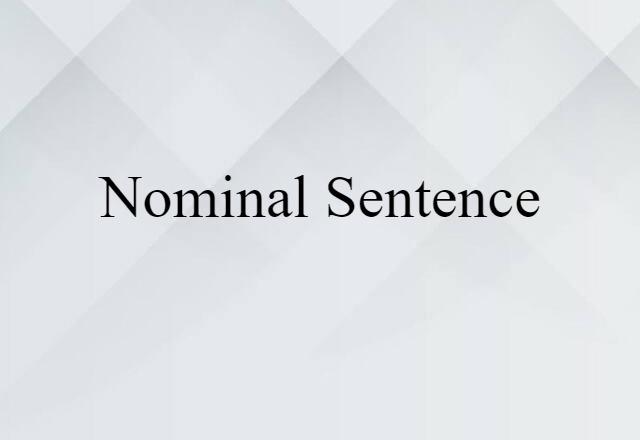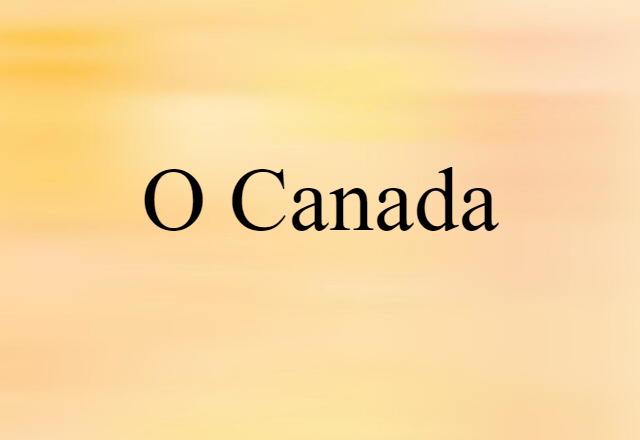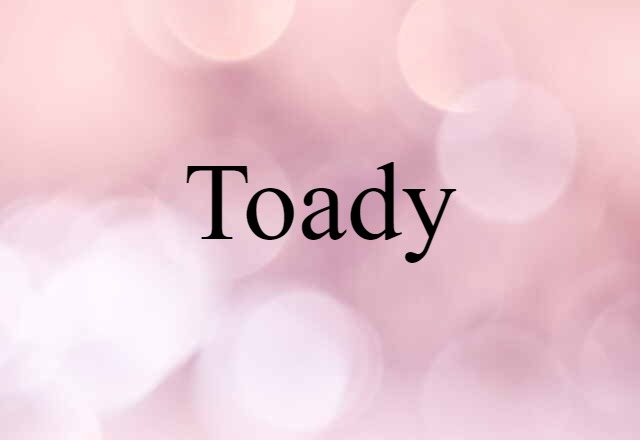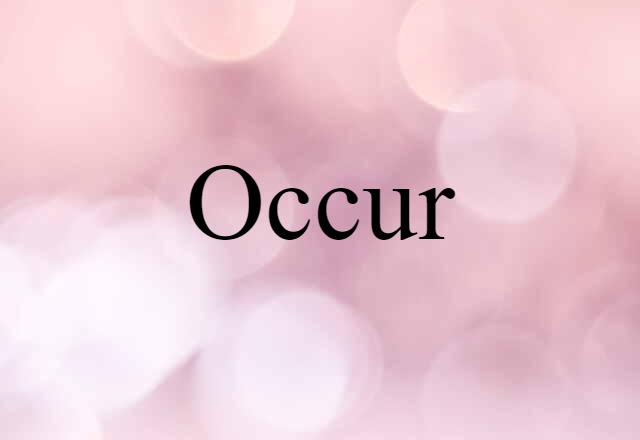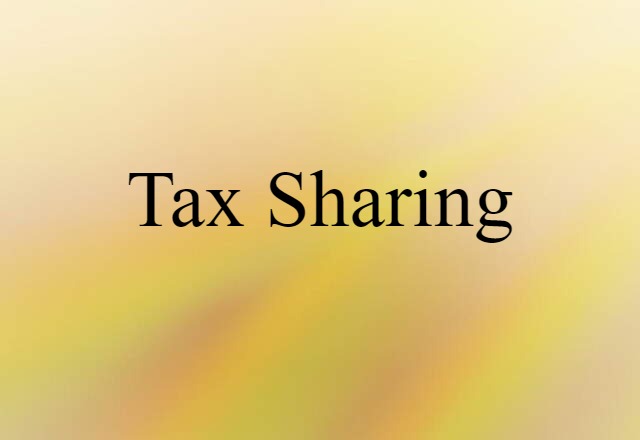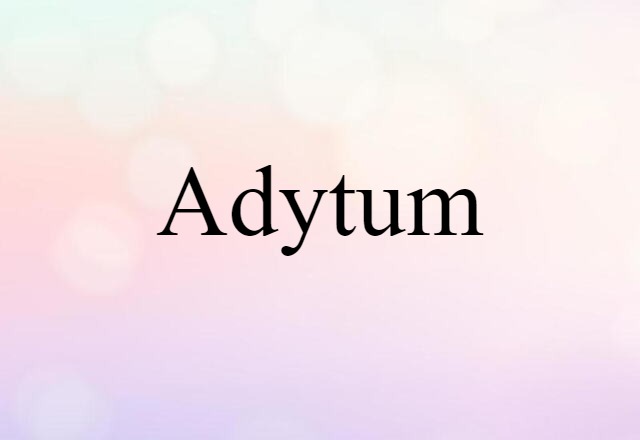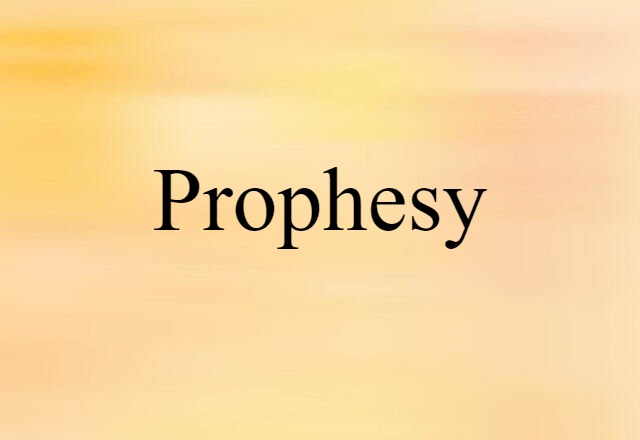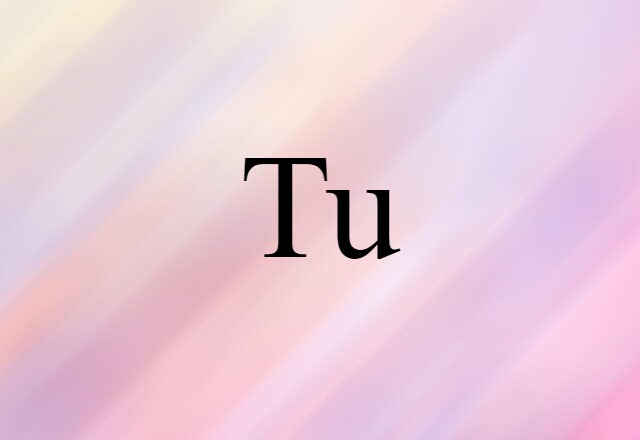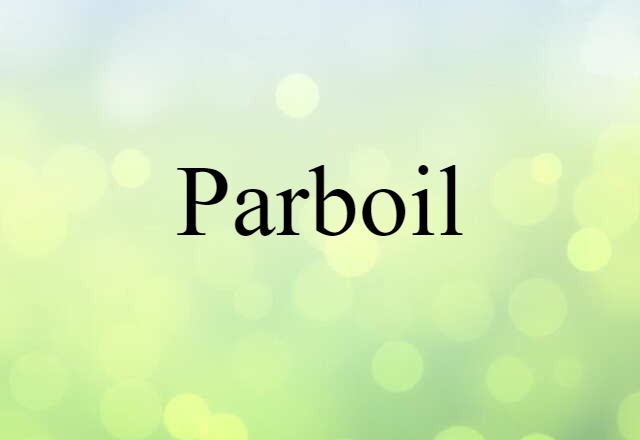- a coherent group of tested general propositions, commonly regarded as correct, that can be used as principles of explanation and prediction for a class of phenomena: Einstein's theory of relativity.
- a proposed explanation whose status is still conjectural and subject to experimentation, in contrast to well-established propositions that are regarded as reporting matters of actual fact.
- a body of principles, theorems, or the like, belonging to one subject: number theory.
- the branch of a science or art that deals with its principles or methods, as distinguished from its practice: music theory.
- a particular conception or view of something to be done or of the method of doing it; a system of rules or principles: conflicting theories of how children best learn to read.
- contemplation or speculation: the theory that there is life on other planets.
- guess or conjecture: My theory is that he never stops to think words have consequences.
- ideally; hypothetically: In theory, mapping the human genome may lead to thousands of cures.
- a system of rules, procedures, and assumptions used to produce a result
- abstract knowledge or reasoning
- a speculative or conjectural view or idea
- an ideal or hypothetical situation (esp in the phrase in theory)
- a set of hypotheses related by logical or mathematical arguments to explain and predict a wide variety of connected phenomena in general terms
- a nontechnical name for hypothesis (def. 1)

More Definitions
- NOMINAL SENTENCE (noun) Definition, Meaning & Examples
- AIR EXPRESS (noun) Definition, Meaning & Examples
- JUICE (noun) Definition, Meaning & Examples
- NORWEGIAN ELKHOUND (noun) Definition, Meaning & Examples
- O CANADA (noun) Definition, Meaning & Examples
- BRIDGING SHOT (noun) Definition, Meaning & Examples
